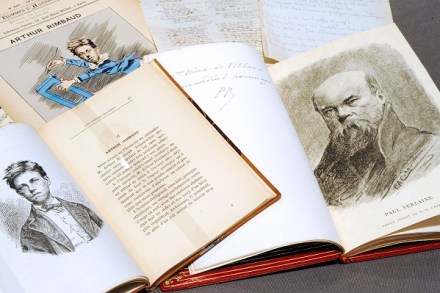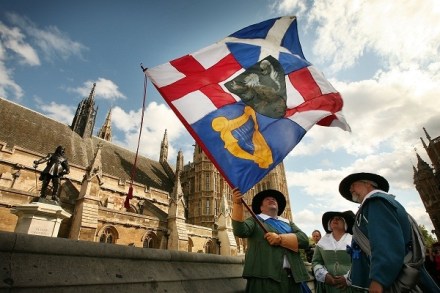Discovering poetry: Henry VIII’s Camelot
‘Pastime with good company’, attributed to Henry VIII Pastime with good company I love and shall until I die. Grudge who list, but none deny, So God be pleased, thus live will I. For my pastance, Hunt, sing and dance, My heart is set. All goodly sport For my comfort Who shall me let? Youth must have some dalliance, Of good or ill some pastance. Company me thinks the best All thoughts and fancies to digest. For idleness Is chief mistress Of vices all. Then who can say But mirth and play Is best of all? Company with honesty Is virtue, vices to flee; Company is good and ill, But



















